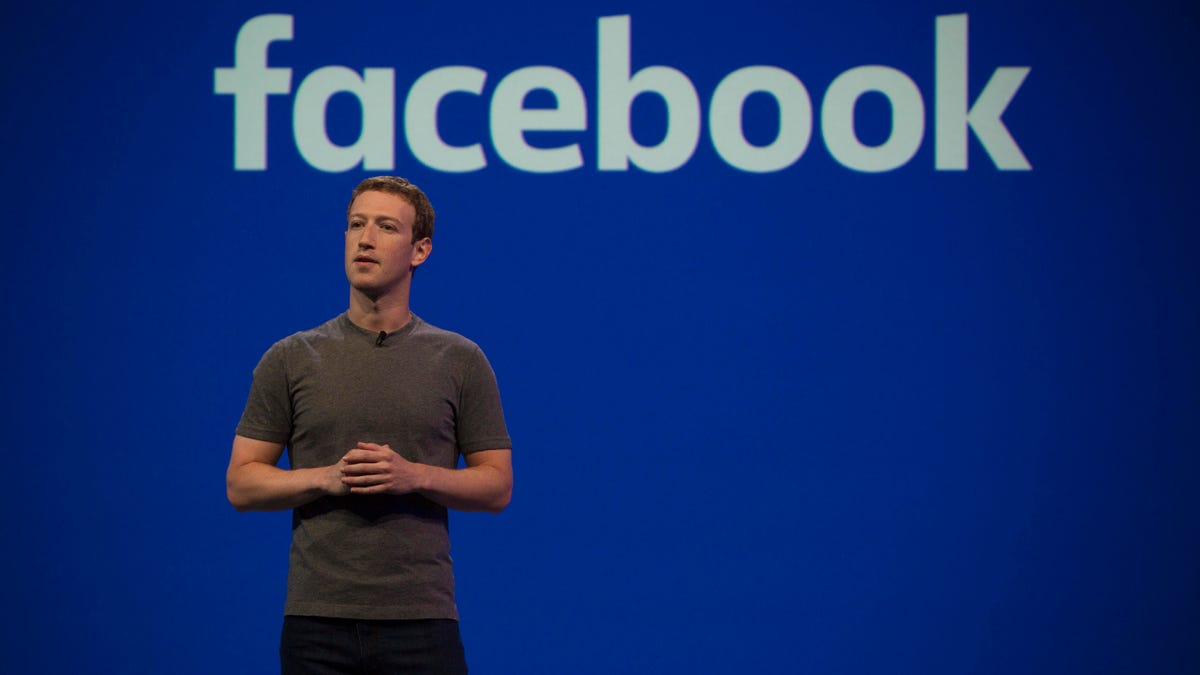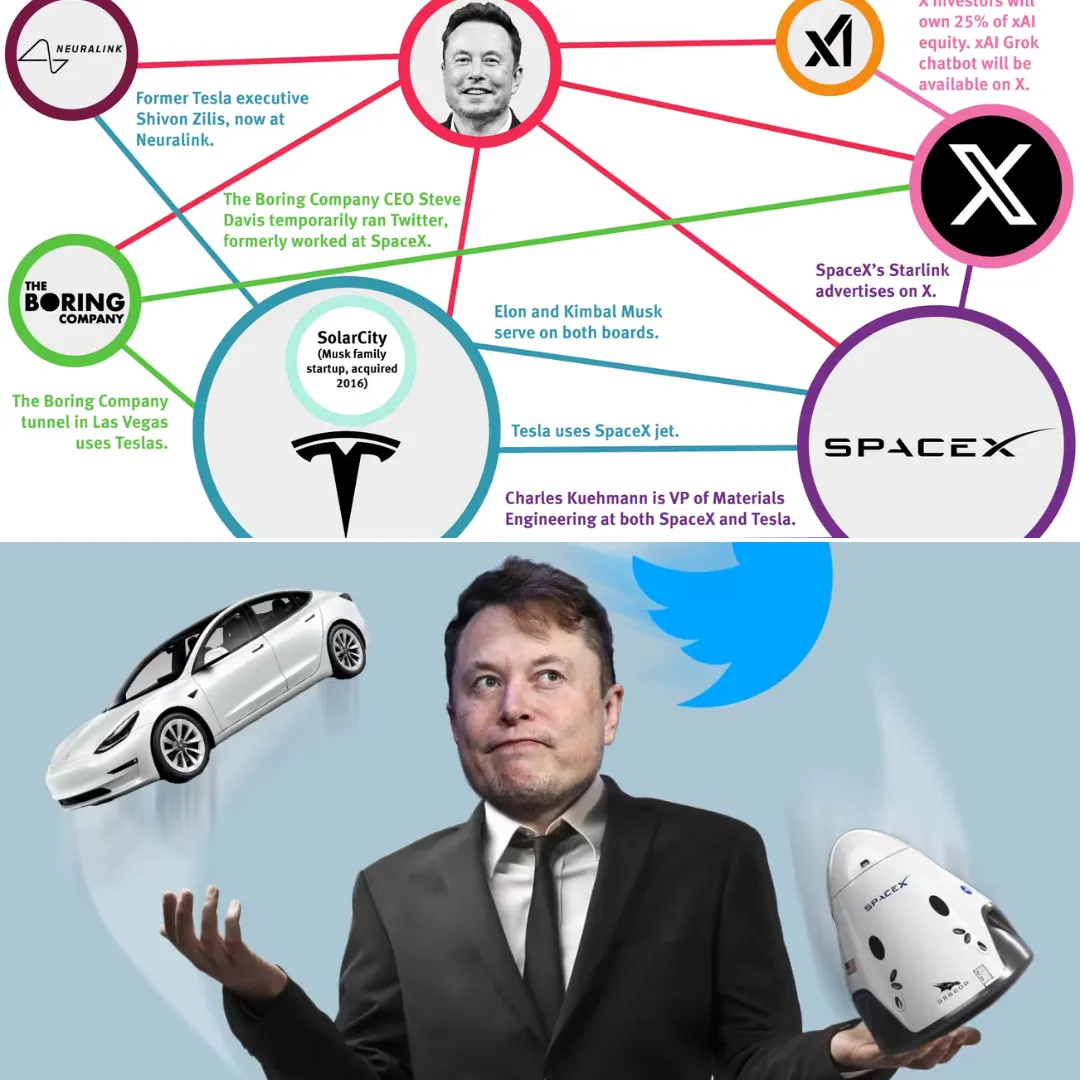
Meta CEO Mark Zuckerberg recently ignited a firestorm of criticism with his comments on the mental health impacts of doomscrolling, the practice of endlessly consuming negative news and distressing content online. During a podcast appearance on This Past Weekend with comedian Theo Von, Zuckerberg asserted that research on the harmful effects of doomscrolling is “inconclusive.”
However, experts and scientific studies present a vastly different picture — one that points to a mounting mental health crisis linked to social media platforms like those owned by Meta.
Zuckerberg’s remarks came as a surprise to many in the mental health community, especially considering the wealth of studies that link excessive social media use to anxiety, depression, and even suicidal ideation.
When asked directly whether social media is bad for people, Zuckerberg defended his company’s platforms. He said, “We work with academics to study it,” and accused media coverage of social media’s negative impacts as “very sensationalist” and skewed towards a biased narrative.
He sought to differentiate between types of social media use, arguing that “authentic interactions” and fostering “good relationships” on platforms are closely tied to well-being.
In contrast, he said passive entertainment—such as mindlessly scrolling through feeds—does not necessarily harm or help mental health. Zuckerberg portrayed the digital environment as neutral, likening it to the choice between city and rural life, each with its own benefits and drawbacks.
But this portrayal glosses over the reality faced by millions of users worldwide, particularly younger demographics who form a large portion of Meta’s user base. The Centers for Disease Control and Prevention (CDC) released its Youth Risk Behavior Survey in 2024, revealing disturbing statistics: frequent social media users are significantly more likely to experience persistent sadness and hopelessness.

The same survey found that these users are more likely to seriously consider suicide and develop suicide plans compared to their less frequent counterparts.
Psychiatrist Dr. Susan Tapart from UC San Diego explained how doomscrolling induces chronic stress responses in the body. “Our body may respond to repeated bad news as if it were in continuous danger,” she said, citing increased heart rate, surges in stress hormones, and feelings of anxiety and exhaustion as common effects.
Over time, these physiological changes can lead to severe anxiety disorders and clinical depression, directly contradicting Zuckerberg’s claims about the lack of conclusive evidence.
The contradiction between Zuckerberg’s comments and scientific research has led to intense backlash. Many accuse Meta’s leadership of downplaying the harms caused by their own products to protect profits.
The algorithms that power Meta’s platforms are designed to maximize user engagement — often by promoting sensational or emotionally charged content. This “attention economy” keeps users hooked but also perpetuates cycles of negative emotions and mental health decline.
Several whistleblowers and former Meta employees have revealed internal documents showing the company’s knowledge of these effects years before the public became aware.
One former data scientist reported frustration that Meta prioritized growth and engagement over user well-being, knowingly allowing harmful content to spread. These revelations deepen skepticism about Zuckerberg’s statements and suggest that the company has repeatedly ignored warning signs.

Zuckerberg also emphasized personal responsibility in how people use social media. “Just because I build something doesn’t mean people are going to use it,” he said, claiming that users have the power to shape their own experiences online.
However, critics argue that this viewpoint ignores the manipulative design tactics Meta employs to keep users scrolling and interacting involuntarily. The platforms’ default settings, notifications, and personalized feeds often trap users in endless loops of content consumption, making it difficult to disengage.
The ongoing debate occurs at a critical time. Meta is expanding aggressively into virtual reality (VR) and artificial intelligence (AI), seeking to build the so-called “metaverse”—an immersive digital world where physical and virtual realities merge.
While this vision promises new ways to connect, many experts warn it could exacerbate existing mental health challenges by blurring boundaries between real life and digital escapism.
Public trust in Zuckerberg and Meta has been eroding over the years, fueled by numerous controversies beyond mental health concerns. Data privacy breaches, misinformation campaigns, and political interference scandals have all marred the company’s reputation.
A Pew Research Center survey conducted earlier this year found that only 2% of Americans view Zuckerberg “very favorably,” while a majority hold negative opinions of him.

Despite this, Meta’s financial performance remains robust. The company’s stock has rebounded strongly after a difficult 2022, thanks to solid advertising revenues and cost-cutting measures.
Investors continue to back Zuckerberg’s ambitious pivot towards new technologies, betting that the metaverse and AI will define the future of digital interaction. However, this focus on innovation comes amid growing calls for greater regulation and corporate accountability.
Mental health advocates are demanding that Meta implement stronger safeguards to protect vulnerable users. Proposed measures include clearer warnings about excessive screen time, improved content moderation, and algorithmic transparency.
Some suggest that lawmakers should impose stricter rules on how platforms can design their user experiences to prevent addictive behaviors.
In response to criticism, Meta has launched initiatives aimed at supporting mental wellness, including features that encourage breaks from screens and access to mental health resources. However, many experts view these efforts as insufficient or too little, too late.
The controversy around doomscrolling also reflects a broader societal struggle to adapt to the digital age. As social media becomes deeply embedded in daily life, understanding its psychological impacts becomes essential.

Users are urged to develop healthier habits, such as limiting screen time, curating their feeds, and engaging in offline activities to maintain balance.
Zuckerberg’s recent statements have further fueled public mistrust. His framing of doomscrolling’s harms as “inconclusive” seems to dismiss real pain experienced by millions.
As social media’s role in shaping mental health continues to be scrutinized, pressure mounts on Meta and its leadership to prioritize human well-being over profits.
In conclusion, while Zuckerberg insists that social media’s effects depend on user choice and that no firm conclusions exist about doomscrolling’s damage, the scientific evidence and expert opinions reveal a different reality.
The growing mental health crisis linked to social media use demands urgent attention, accountability, and action from both platform creators and society at large.
For individuals, awareness and mindful use of social media can mitigate some risks, but systemic change is necessary to protect the mental health of current and future generations in an increasingly digital world.
-1744876101-q80.webp)

-1744105614-q80.webp)
